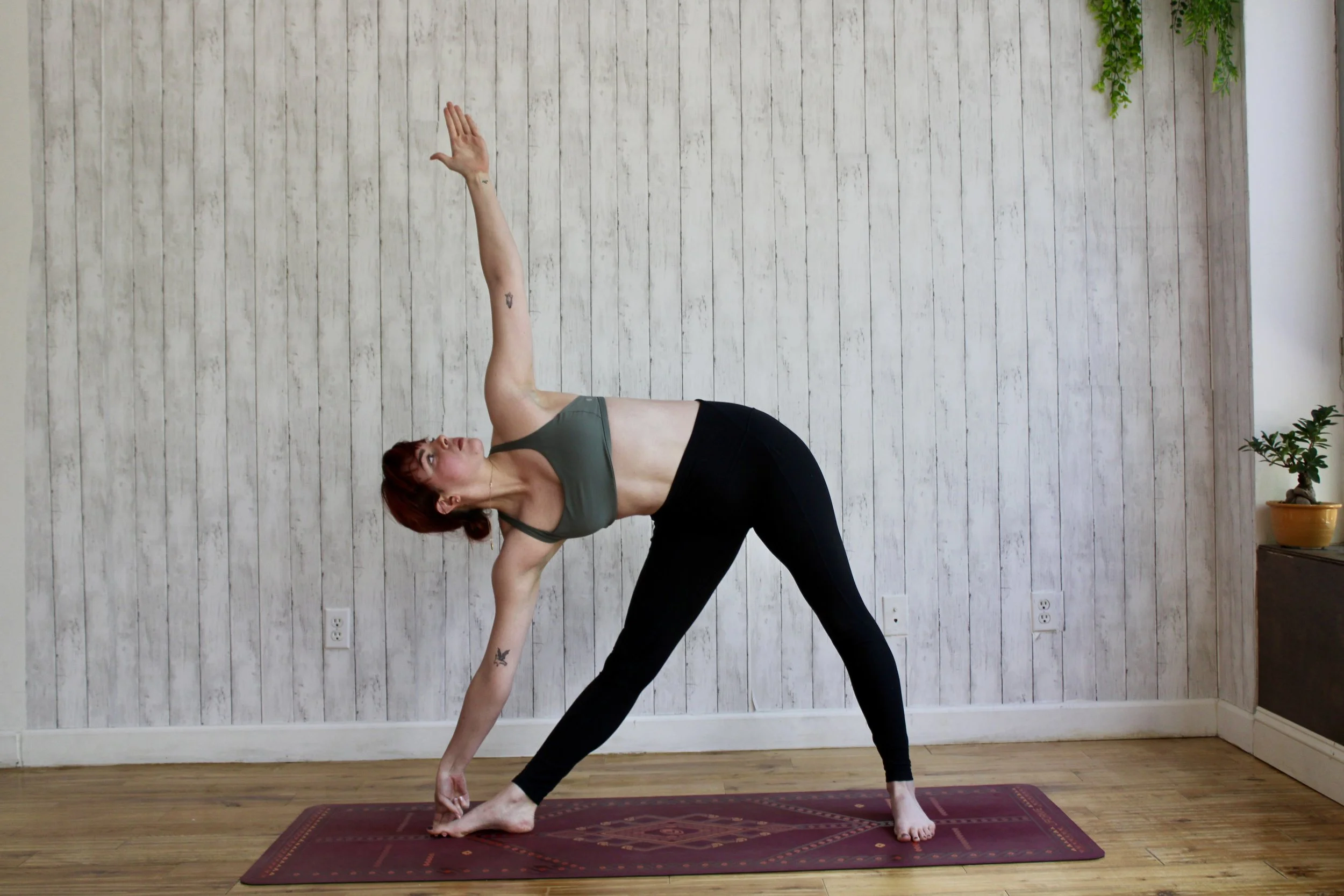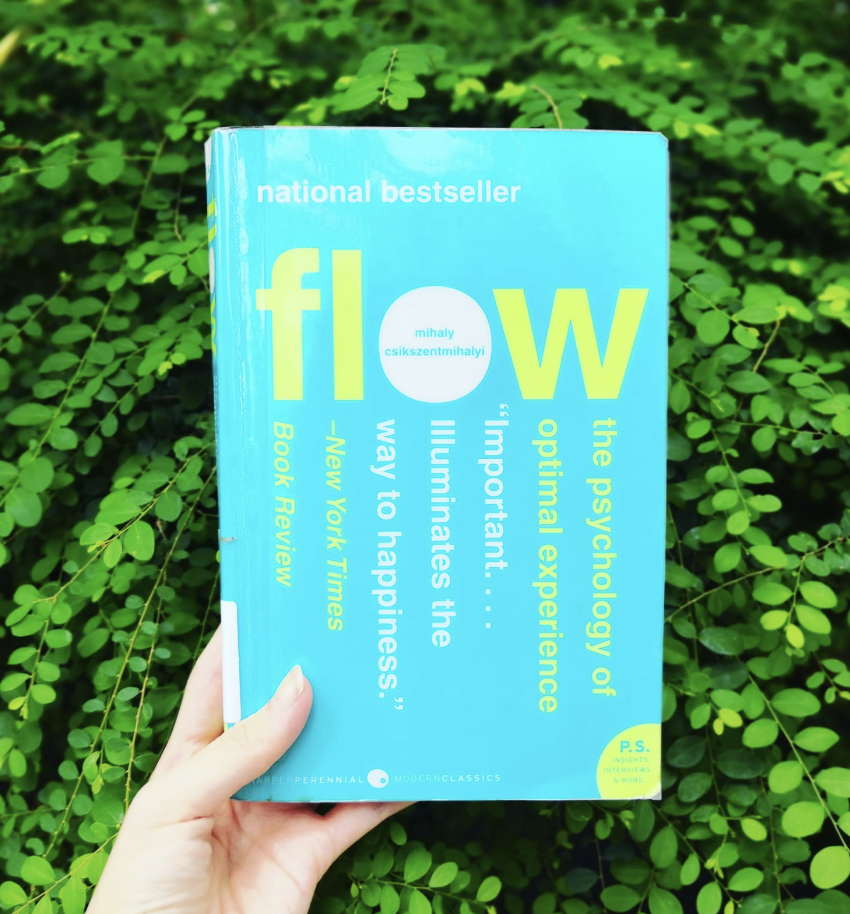Deliberate Play > Practice
I’ve spent my life hearing “practice makes perfect.” I’m currently reconciling that with a definition of stupidity being “doing the same thing over and over again and expecting a different result.”
I hate ruts. I hate ruts and I love ruts because I love the realizations I have when I finally get out of a rut, but in the middle of it all? Not fun.
I recently ran into one in my personal movement practice when I just felt stuck. I wasn’t improving, despite doing the same thing over and over and over again. My dedication wasn’t wavering. So why did I feel trapped? Especially doing the things I thought I loved?
The Problem with Practice
At its core, practice is about repetition—doing something over and over until it becomes second nature. But what are we really trying to achieve with practice? Skill acquisition, mastery, and improvement, sure. But what we don’t often hear is that doing the same thing the same way, day after day, can only get us so far. Once your brain knows the path, it shifts into autopilot. You can go through the motions without actively engaging. And there lies the problem, at least for me.
My body and my brain were begging me for new pathways. I wasn’t listening.
The brain likes new challenges.
The human brain thrives on novelty. Studies show that when we engage in new activities, the brain lights up in ways that promote learning and motivation. Psychologist Mihaly Csikszentmihalyi, the man who coined the term “flow,” argued that we get into a state of optimal performance not just through repetition, but through continuous engagement with challenges that stretch our abilities.
In simple terms? If you want to grow, you have to keep the brain on its toes. That’s why pure practice can start to feel like a chore—and why, eventually, progress stalls. When we’re no longer curious or mentally engaged with what we’re doing, the practice stops being effective. We need variety, unexpected obstacles, and, dare I say, fun to stay invested.
What is deliberate play?
Deliberate play is the antidote to mindless repetition. It’s about approaching your work, skill, or hobby with curiosity and a willingness to experiment. Think about a kid kicking a soccer ball around. There’s no rigid structure—just exploration. They try new moves, fail, laugh, and try again. That’s deliberate play: engaging in the task not to achieve perfection, but to enjoy the process and discover something new along the way.
A study by researchers at the University of Queensland backs this up. They found that athletes who engage in playful activities related to their sport—without the pressure to perform—build skills faster and maintain higher levels of motivation over time. The joy they experience keeps them coming back to the activity, which ultimately enhances their performance.
The benefits of reframing practice as deliberate play
Deliberate play allows us to break out of rigid routines and reintroduce curiosity into the process. When we approach learning with playfulness, our minds stay engaged and open to new possibilities. Play makes space for mistakes and discoveries, both of which are essential for growth. Unlike strict practice, deliberate play isn’t about getting everything right—it’s about finding joy in the trying.
This playful mindset doesn’t just apply to sports. It works in all areas of life: writing, relationships, yoga, career development. Whatever it is you’re working on, it’s worth asking: Am I doing this just to check a box? Or am I still curious about what I can learn from it?
Keep movin’ on
The goal is to keep moving forward, finding joy in the process along the way. The progress will follow—sometimes when you least expect it.
So, maybe it’s time we rethink the old mantra. Instead of “practice makes perfect,” how about: “Play makes progress.” Because life’s too short to do the same thing over and over again, hoping for a different result.


